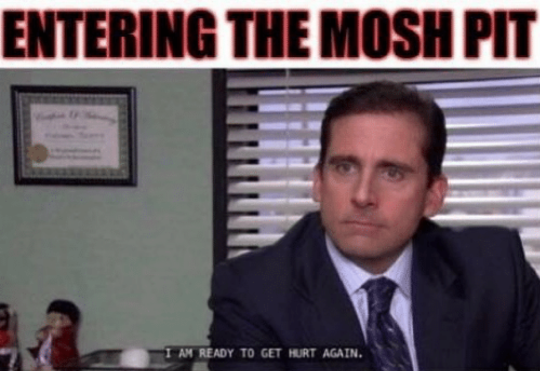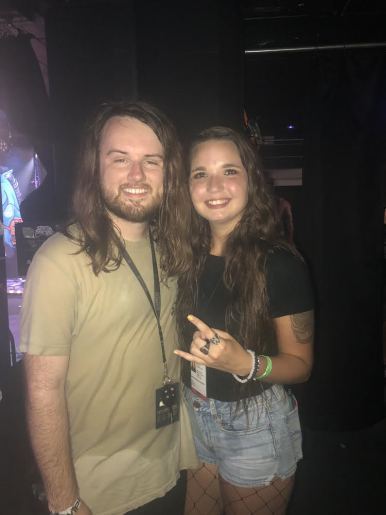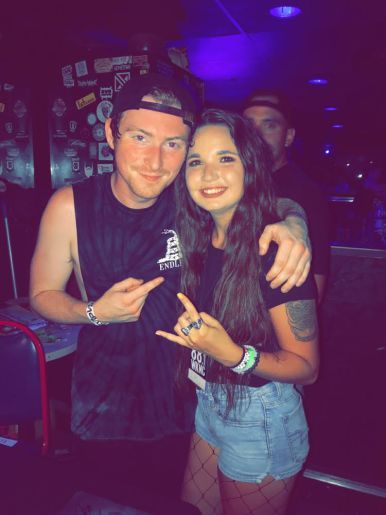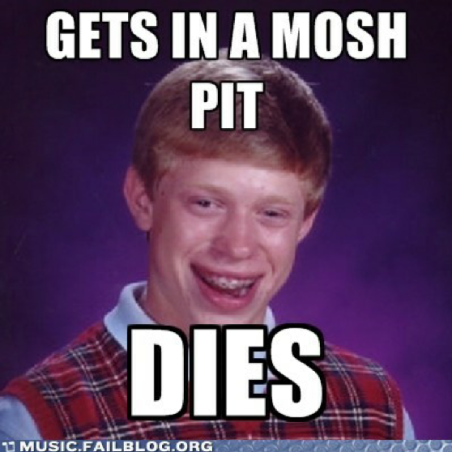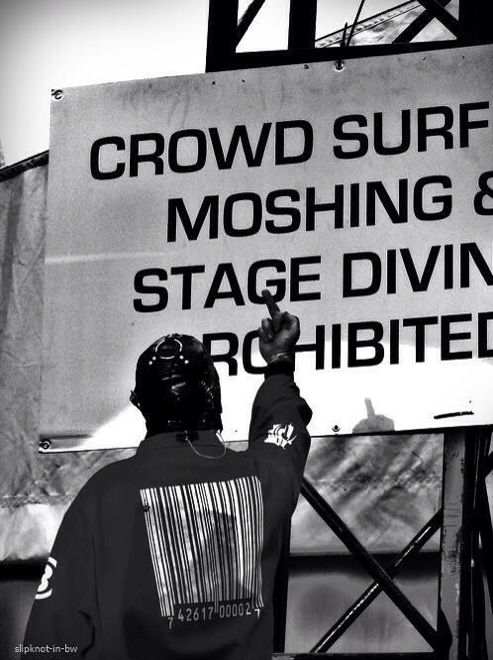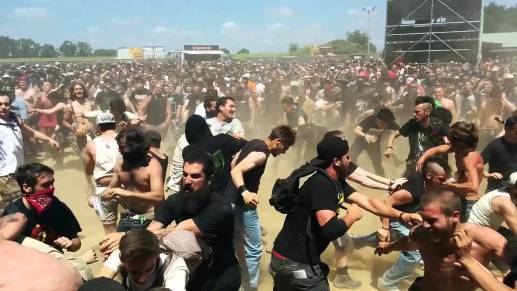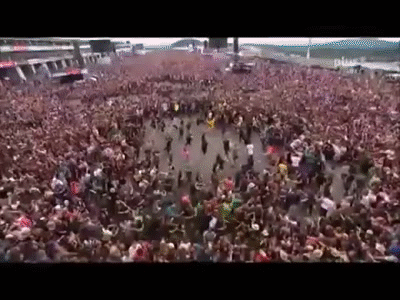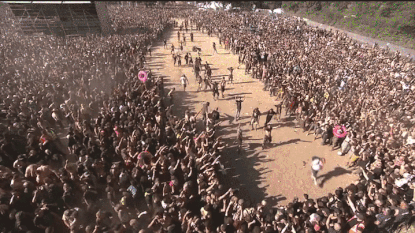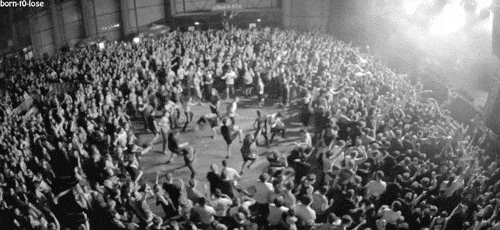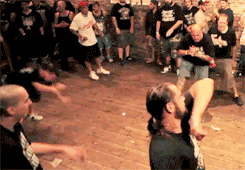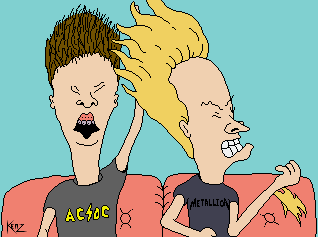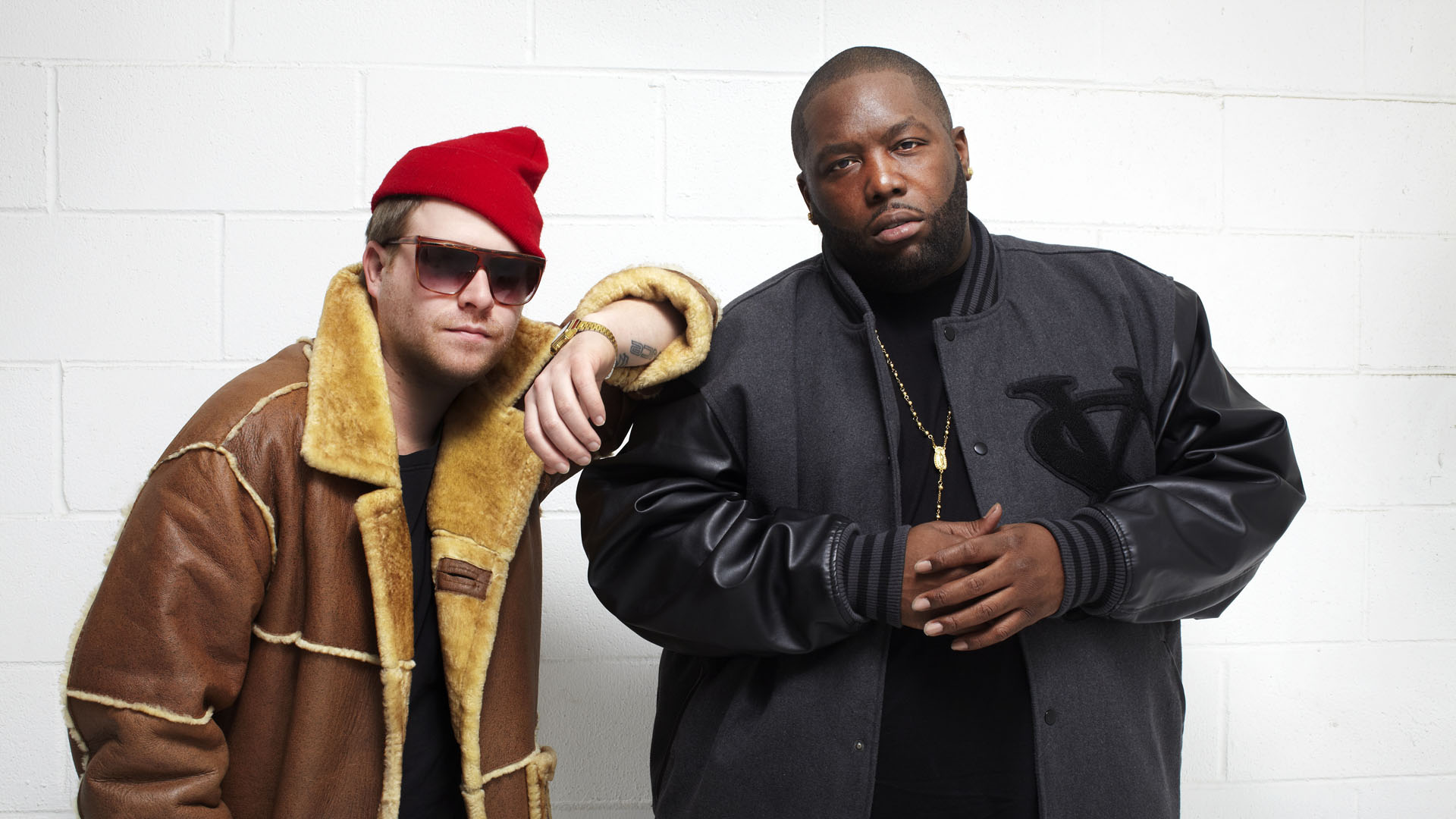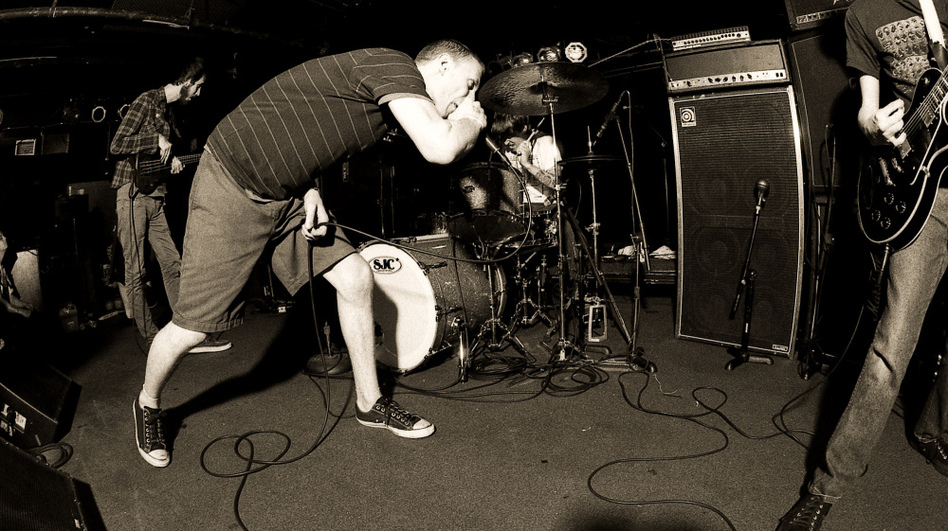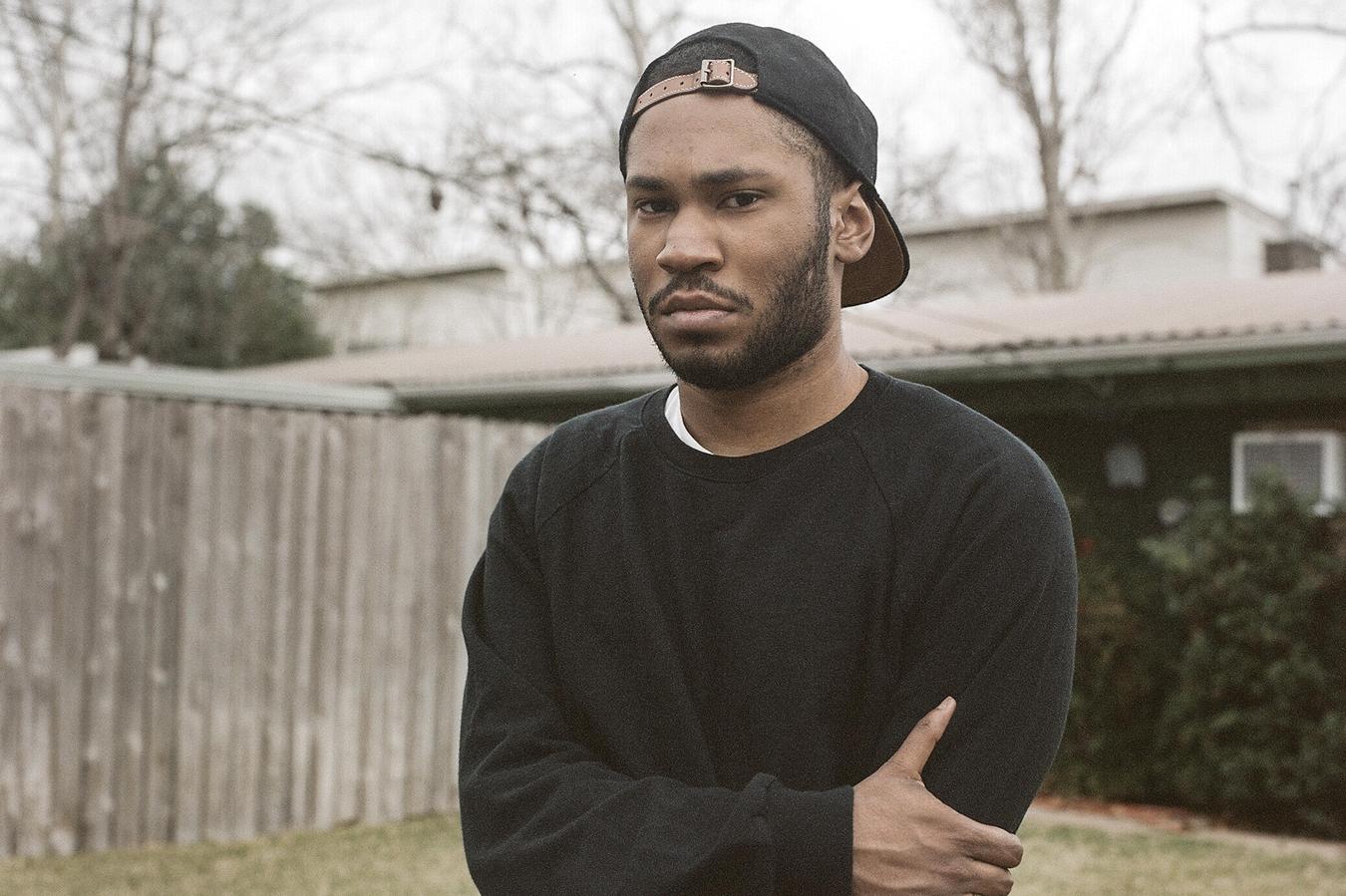Hopscotch is today and I’ve cuffed my pants so tight my ankles drain white and scream for blood. While all of you, well, simpletons are chomping at the bit to see virtual pop stars like Thundercat, Grizzly Bear, or Belle & Sebastian, my refined palette is only reserved for the bands which I can’t name in this blog post because they’re listed too small on the poster for me to actually read. It exudes an extremely suave combination of aloofness and emotional unavailability that I could only dream of wielding. I’m left to give myself the benefit of the doubt and assume that the majority year’s lineup consists of only the sexiest amalgam of industrial noise bandcamp artists, new-emo soundcloud rappers, and Pinegrove; my shirt is practically begging to be tucked into my high-waisted baby blue jeans. With this said, it is with a heavy heart that I must report that an extensive list of artists, submitted by myself, has been wholly rejected by the festival. The list, might I add, was carefully curated in the same basement and by the same group of people who discovered Mac Demarco when he only had 2000 followers on Spotify, a fact which begs the question of whether or not Hopscotch is purposefully alienating the long-suffering indie community. That’s what we’re here to find out. In this list I will run through each of my seven chosen artists to play at Hopscotch 2018, each of whom was robbed of their chance at stardom Of course, since I am a fantastic essayist and therefore will make my argument with enough impartiality to let my readers draw their own conclusions. It’s just my silly opinion, but if you don’t agree there’s a good chance you’re just a jealous normie.
7- Joyce Manor
Joyce Manor’s combination of raw garage with tightly packed emo covers all extrema of the alternative rock spectrum. Their music is as catchy as it is universal and I can’t think of a single friend of mine that wouldn’t either mosh or drunkenly slosh around to it; and if you’re not like any friends of mine I can’t imagine why I would care about your opinion. Additionally, the band is able to fully cover the full spectrum of human emotions that I have ever felt. This typically bounces between being the excruciating reality of being heartbroken and thinking about the excruciating reality of being heartbroken, but I promise there’s much more nuance to it.
6- Yellow Days
It’s 2018, which means the era of festishing VHS aestheticism and swampy Goodwill shirts well out of the indie discourse by now; we are a much more civilized people who wear goodwill shirts with random japanese characters on them now. But I’m a sucker for throwbacks. Yellow Days is obviously as close to an indie prodigy that could exist, with a reputation for tight-ass song writing paired with a voice somehow as weathered as Ray Charles. This is all well and good, however, my real fascination comes in the form of escapism: his soft palette aesthetics remind me of a simpler time. Ah, Yellow Days, let me fall into your canopy of acid-washed love songs and have me pretend I’m in 2016. Let me pretend I can still like Mac Demarco.
5- Death Grips
Though the decision not to include the Sacramento trio from this year’s festival is of no surprise, I doubt the general public is ready to face the animalistic demons present in each of us, it doesn’t make it any less abborhent. To exclude Death Grips is to exclude an act which confronts every person with the demon that lives inside of them. I don’t think Hopscotch refused to book them because they didn’t think they would sonically fit on the card, that is impossible. The grooves are infectious, the lyrics are universal, the songs are catchy, albeit under the guise of an extremely harsh noise wall. Anybody who says they don’t like Death Grips is refusing to be honest with themselves, refusing to let loose and understand the absolutely foul realities of human nature. Hopscotch is afraid.
4- Pinkshinyultrablast
I have long been a proponent of shoegaze. The intersection of semi-obscure British sad music and a culture which prides itself in not dancing is right up my alley. While the latter is not as present in Pinkshinyultrablast, the thick walls of guitars have been replaced with synths and chorus heavy snares, the extremely lush instrumentation is so damp that it is often impossible to figure out how to move your body to it. This is perfect. I, as an insanely well-rounded individual, have been too busy reading or listening to the new Snail Mail album on repeat to learn how to properly dance. It’s not my fault! As a side note, the band hails from Russia so I’m banking on being able to listen to them instead of actually reading about the human rights atrocities committed over there.
3- Corbin (Spooky black)
With Corbin’s 2017 release, MOURN, I felt that my extremely underrepresented demographic of sad, 20 year old white guy was finally recognized. Much in the same way Joyce Manor covered my entire range of human emotions, Corbin dove deep into my heart which has been twisted over and over again by mean girls. They always go for the Chads, huh Corbin? The only reason why he has far outranked Joyce Manor on this list is because of the danceability of much of Joyce Manor’s music. As i have mentioned prior, I’m much too busy being smart and well-rounded to learn how to dance, and so Corbin’s absolutely flaccid reverb trap hi-hats create a watching experience that doesn’t pressure me to move. Even if I do decide that dancing is the way to go while I’m wailing the chorus to ICE BOY, my awkward movements will seem only natural among Corbin’s other fans of people who surely can’t dance, and the barren washed-out instrumentals would make even Milli Vanilli look uncomfortable while trying to shake to it.
2- Lil peep
Rest in peep
1- Alex G
While many will point to Mac Demarco (I think this is the fifth time I’ve mentioned him in this blog post, time to flagellate myself for each one) as the 2010s most influential alternative rocker, I stand here today to martyr myself in the name of (Sandy) Alex G. I know I will get a lot of hate for this, I’m prepared to take it, and I’m prepared to rise above it. Alex G is 2018’s Christ incarnate, and I would have loved nothing more than to bow before him at Hopscotch. DSU is my scripture, and the waves that it and his other releases have made in the lo-fi scene are unescapable. The mumbled lyrics over mumbled guitar with occasionally mumbled drums has given me the courage to pursue my own musical career. DIY has never been more sexy, which is wonderful for the $15 dollars I’m willing to spend on the entirety of my musical equipment. If only Alex was playing this year, I could thank him or all he has done for indie kind, and thank him for molding me into the free-thinking definitely not a softboy that I am today.
Signed,
Cool Indie Boy

